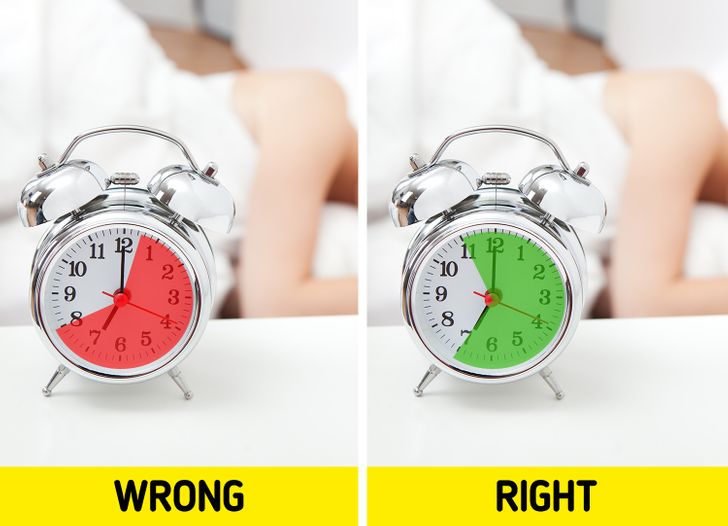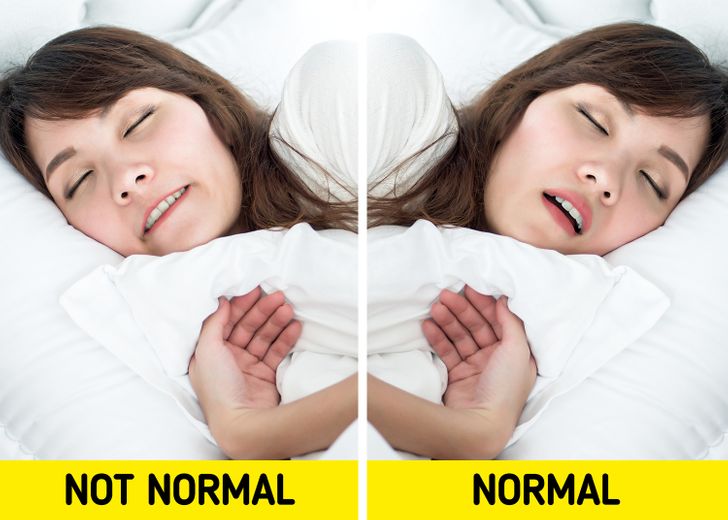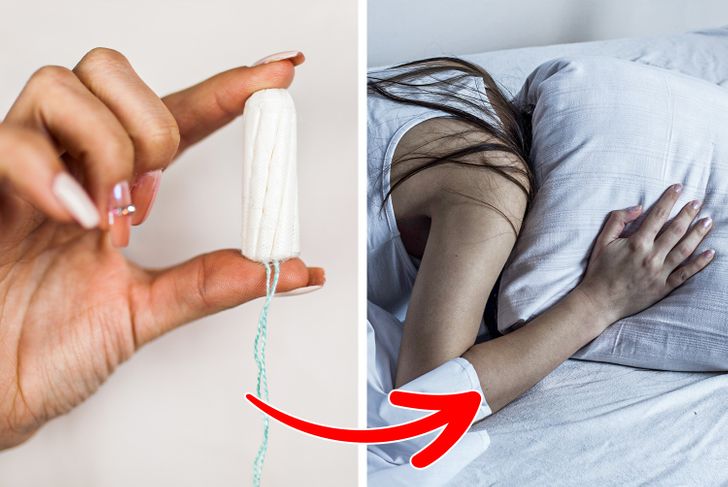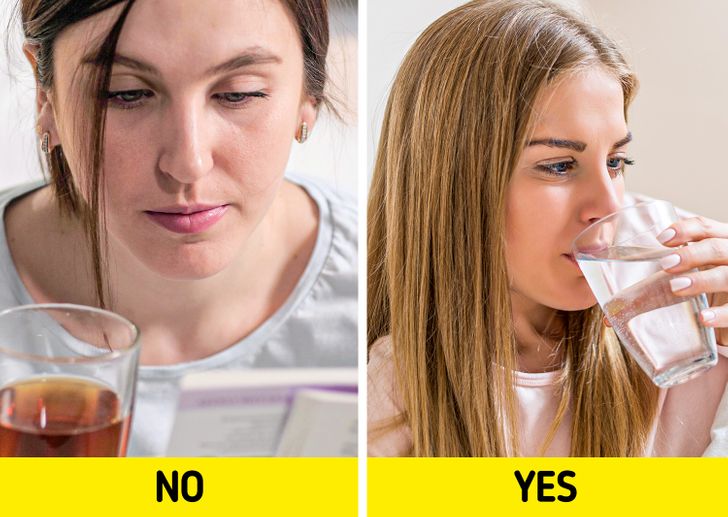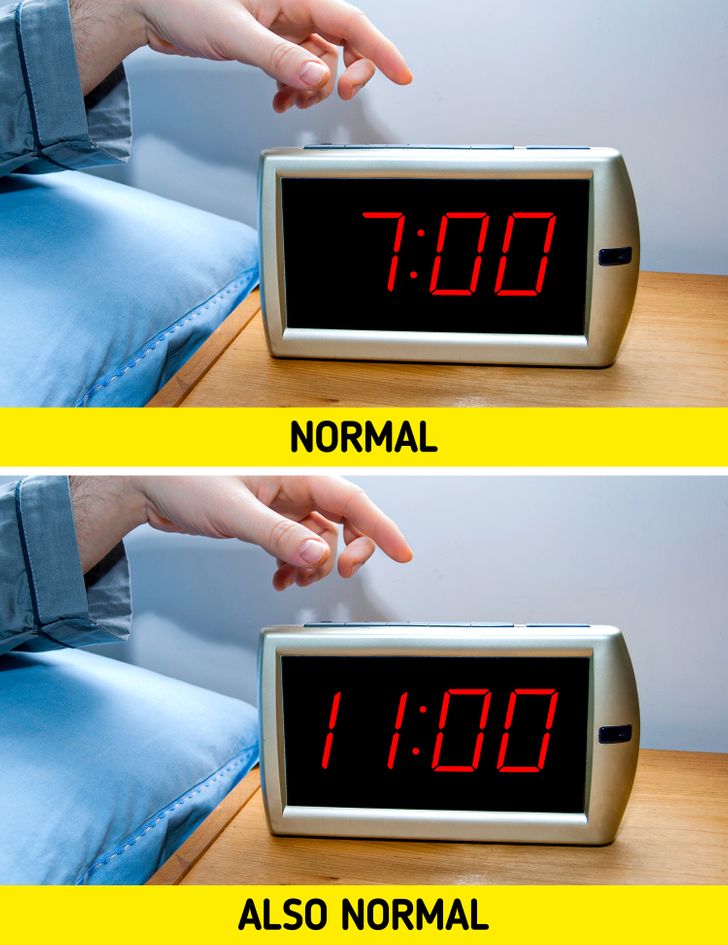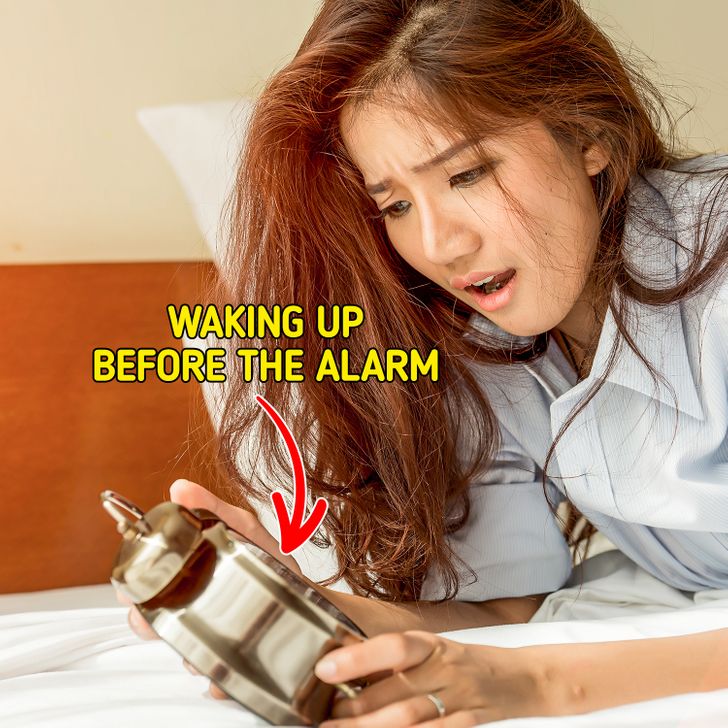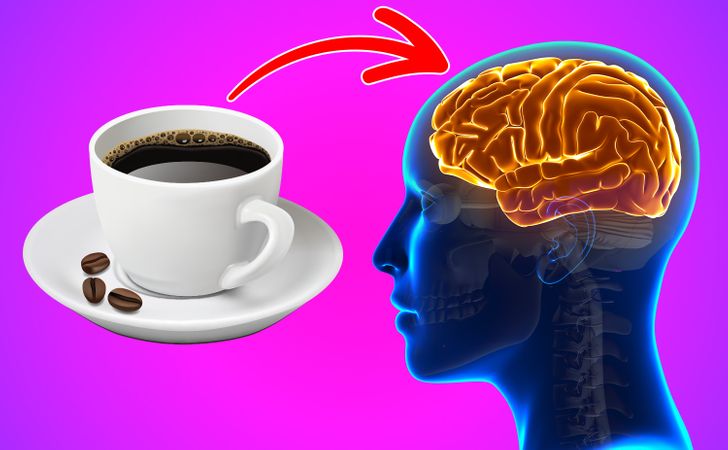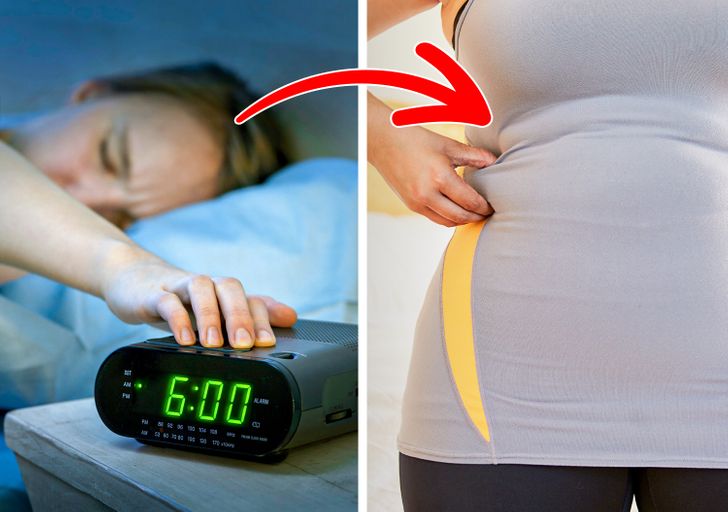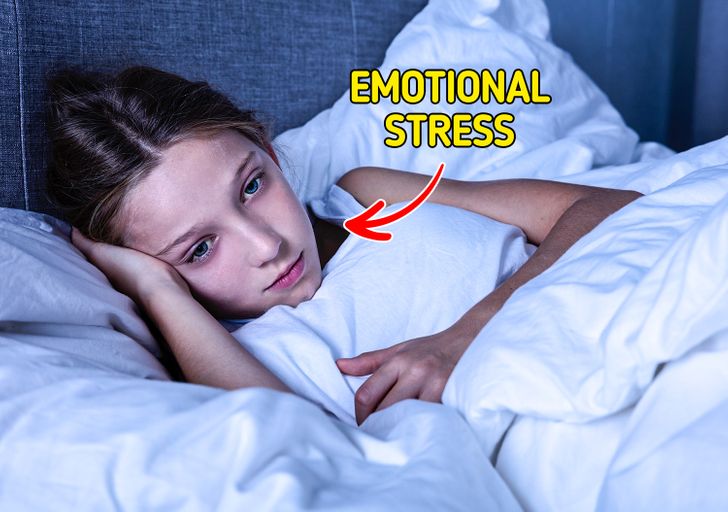Amazing I love your channel
10 Common Misconceptions About Good Sleep and Insomnia
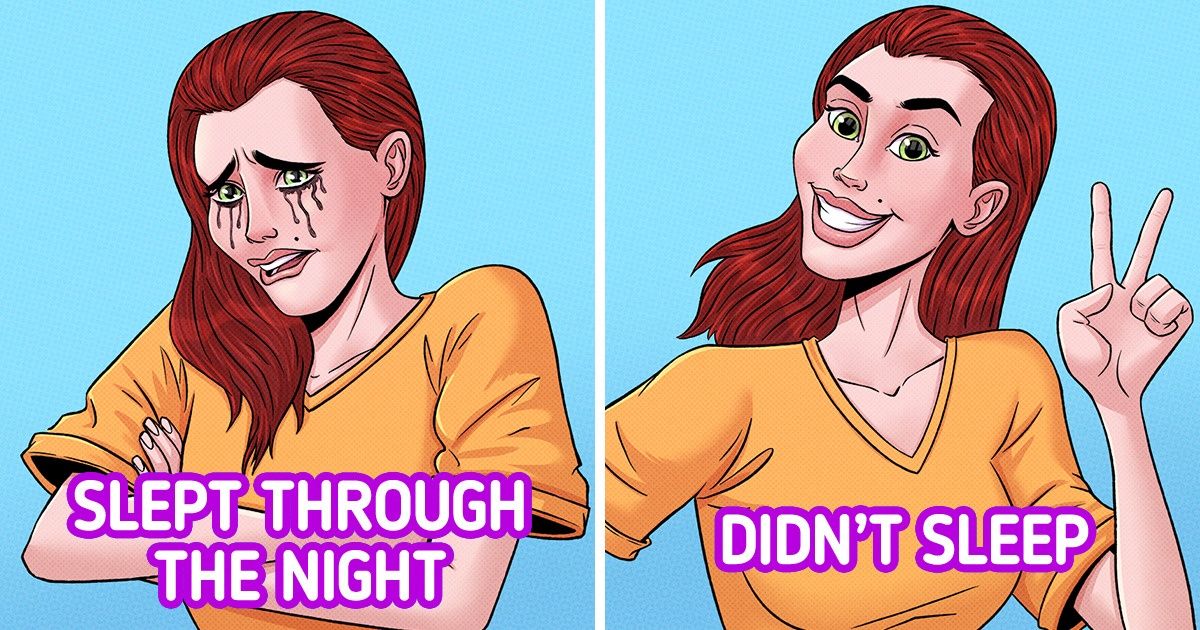
We at Bright Side fact-checked 10 myths about insomnia and general good sleep and would like to share what we learned with you.
Myth 1: Getting more sleep while depressed is always better.
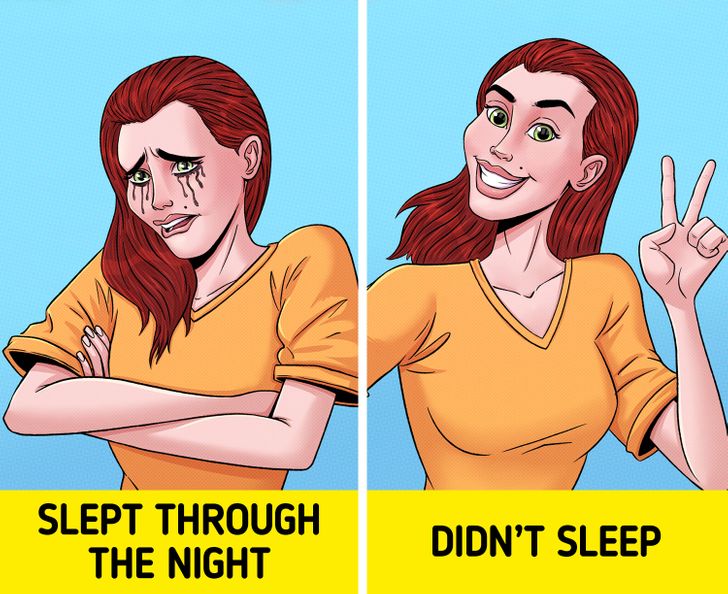
Each of us may have heard that sleeping is helpful while suffering from depression, but scientists found out a very curious detail, known as “extreme paradoxical insomnia.” It has become a therapy relatively recently, and somehow, if people with severe depression stay awake for at least one night, it can lead to healing.
Perhaps this happens due to the shock of an inert biological clock, but after that, a person feels better and doesn’t experience problems with sleeping.
Myth 2: Your body gets used to getting less sleep.
If you follow this rule, it’s probably time to reconsider your schedule. If you cut sleeping hours for a few nights, you’re likely to feel sleepier during the day. Daytime laziness and drowsiness may stabilize over months without enough sleep, but still, your body and brain won’t function as effectively because they can’t adjust to sleeping less.
Specialists recommend getting between 7 and 9 hours of sleep per night and that the best time to go to bed is between 8 p.m. and midnight.
Myth 3: Hectic movements during the night are a sign of bad sleep.
If you experience minor, involuntary movements of the body during the night, it’s considered healthy sleep. You shouldn’t be worried that you move your leg sometimes, but there are some cases that aren’t normal, such as the following:
- If your movements are prolonged or chronic
- If you sleepwalk
- If you behave aggressively or violently during the night
- If you have nighttime awakenings because of it
- If you clench your teeth during sleep
Myth 4: Insomnia is mainly caused by your mental condition.
Yes, insomnia can be caused by your psychological state and stress, but additionally, physical conditions can lead to it. It was noted that women with insomnia are at a higher risk than men for developing heart problems, strokes, and obesity. Also, restless leg syndrome, hormone changes, thyroid problems, or neurological disorders can be the reason for sleepless nights.
Additionally, researchers have noticed that women can experience sleep disturbances related to their menstrual cycle and menopause.
Myth 5: Getting up at night for 20 minutes means you lose 20 minutes of sleep.
Sometimes, you may wake up once or twice during the night and have difficulties falling back asleep. Some people prefer to stay in bed, trying to force themselves to rest, but just end up feeling broken in the morning.
In this case, it’s better to get out of bed and do something that calms you down for 15-20 minutes. This tactic won’t steal your chance to get enough sleep, but rather, the opposite. It’s also important not to drink anything but water or use any devices at this time.
Myth 6: You should go to bed and wake up at the same time every day.
Sure, a sleeping schedule is important, but experts are more concerned about your wake time. It’s important to get out of bed approximately at the same time, not just during the week, but also on weekends.
Also, there is no such thing as having to wake up early in the morning. Each body is different, so your sleep schedule can be different than other people’s. There’s no need to force yourself to wake up at 7 a.m. if you don’t have to.
Myth 7: Insomnia is just a difficult part of falling asleep.
Commonly, difficulties with falling asleep are associated with insomnia. However, this disorder is characterized by other symptoms as well. It includes frequent waking, waking up too early, not being able to fall back asleep, and feeling unrefreshed in the morning. If these symptoms happen to you often, it’s better to seek out professional attention.
Myth 8: A late cup of coffee always affects your sleep.
Myth 9: If you can’t sleep at night during the week, sleep more over the weekend.
When you don’t get enough sleep during the week, you may compensate for it over the weekend. This works for acute sleep deprivation only, doctors say. And there’s no evidence that it’s actually good for your brain and body if you do it all the time. It’s better to have your wake time fixed every day.
As a curious fact, researchers found that people who had to restrict their sleep during the week gained the habit of snacking after dinner, which led to weight gain.
Myth 10: Children don’t suffer from insomnia.
Yes, children also can experience insomnia, even if we assume that they’re too young for it. The causes of it are the same as for adults. It can be due to medical conditions or emotional factors. There are some signs that your kid may suffer from insomnia:
- They constantly feel tired.
- They make excuses to avoid going to bed.
- It takes a long time to get to sleep.
- They keep getting out of bed and asking for things.
- They often wake up throughout the night.
- They struggle to get out of bed in the morning.
- They sleep at different times from day to day.
How often do you have problems getting good sleep? What tips help you fall asleep faster?
Comments
I always sleep and I never get sleepless but it's really hard to get up
if I get a coffee at any time in the evening I won't get sleep 100%
Related Reads
I Refuse to Let My Brother’s Girlfriend Control My House—I Put a Stop to It Fast

15 Stories That Prove Repairmen Are Full of Surprises
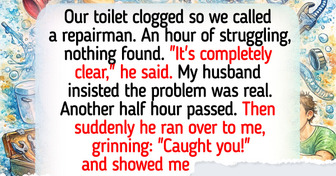
I Refuse to Let My Stepfather Replace My Late Dad at My Wedding

A Stranger Humiliated My Daughter at Disney World—He Picked the Wrong Mom to Mess With

I Lost My Job to “Restructuring” and My Severance Disappeared, Then I Turned the Tables

18 People Who Found Out That Small Acts of Kindness Are the Pathway to Happiness
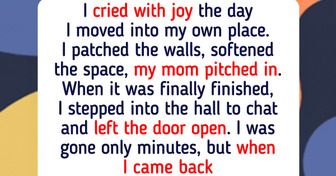
I Posted a Photo During Mental Health Leave—Then HR Called Me In

15 Moments That Prove Kindness Is the Thread Holding Life Together
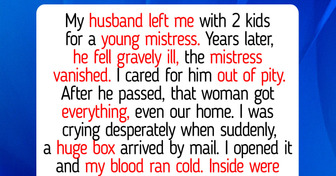
15 Moments That Prove Kindness Holds Strong When Life Hits Hard
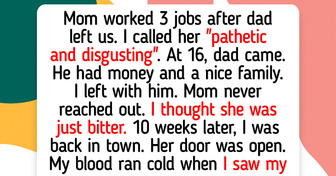
I Refuse to Return to the Office After My Coworker’s ‘Prank’ Revealed His Darkest Secret
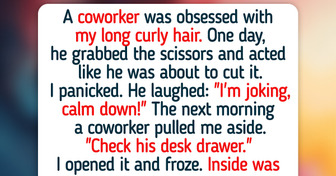
I Refuse to Give My Retirement Savings to My Adult Son—I’m Not Responsible for His Failures
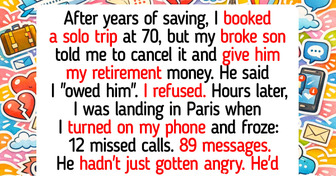
I Refused to Turn Our Romantic Trip Into a Family Vacation and Faced the Consequence

